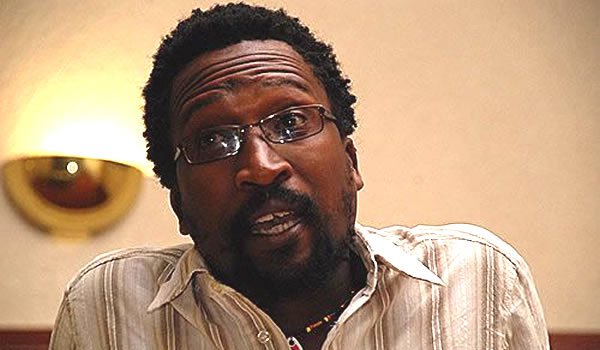By Takura Zhangazha
In some regular conversations with a colleague discussing the state of the national economy, we make mention of one of the striking ironies that one of our country’s most successful companies (at least visibly) is a funeral services one. And so is its marketing (yes, it has the audacity to sponsor football teams). And that is not a bad thing in itself. Its just ironic.

It regularly brings me to my own personal reflections on how we, Zimbabweans perceive of life and death. Not in the religious sense. But just what we value more.
I once attended a meeting a while back where there was a discussion about workers’ welfare. This had been spurred on by the sad fact that one of the workers had passed away and there had been difficulties laying him to rest because he hadn’t had funeral insurance.
So it was sort of a given that all workers would henceforth be required to have funeral insurance. Or at least be required to make a part contribution to it via deductions from their salary.
That was fair enough I remember saying in the meeting but also quick to ask if the workers were on medical aid/insurance. Regrettably it turned out that they did not and it was an anomaly that was immediately rectified.
I however mention this incident because it has stuck with me ever since it occurred. And it has repeated itself in other ways which are not obviously similar to it.
For instance we all know that the likelihood of getting immediate life saving treatment in a medical emergency is very limited in Zimbabwe. Especially if you do not have money.
And the harsh reality of the matter is that it places ‘life’ and ‘death’ in stark contrast. And one of the most obvious reasons why people would opt for funeral insurance is that its simply cheaper than medical aid. By far. Accompanied of course by the culture trait of funeral policies wherein the refrain as one pays for it is ‘At least I will not bother my family’. And that’s all fair enough.
What is significant is how this attitude to the inevitability that is death has come to cloud our collective sense and value of the importance of life itself.
That it was always going to be more expensive to live than to die is a global given. But that the majority of causes of the loss of many lives in Zimbabwe are glaringly due to human error is something we must seriously reflect upon and urgently seek remedial action.
And it begins with a people centred assessment of our everyday lives. Especially the social welfare aspects of the existence of the people of Zimbabwe. This assessment must be driven by social democratic values that shun the withdrawal of the state from being the guarantor of the well being of the people.
This means we must take back our social services from those that are privatising them for exactly what that infers, private and not public profit. This entails having the state providing up to standard social services and not outsourcing them to what are evidently not so competent private players at every other turn. Whether its for electricity, water, health, education, transport, communications and social support, the state must not be allowed to continue its extractive and dehumanising privatisation of public services.
This is what’s getting us to where we are. A situation in which hope for the better is no longer collective but individualised. Where your urban neighbour is potentially a person that you may not offer free water for fear of cost (if anyone mistrusts the water billing from the city council, fix the billing system, do not privatise water).
Or a situation in which you may have a relative in hospital when they should have been discharged because they cannot pay the bill. Or where they are still unwell and in hospital but cannot afford the requisite treatment at what should be a public hospital.
And where we have horrendous road traffic accidents that point not only to the brazen inhumane treatment of passengers but also a state that will not take the basic responsibility of re-introducing train and bus services that are secure, safe and affordable.
So where we are is a bad place. And try as we might to shrug it off, to wish away, our reality is not only depressing but dehumanising.
*Takura Zhangazha writes here in his personal capacity. You can visit his blog: Takura-zhangazha.blogspot.com






